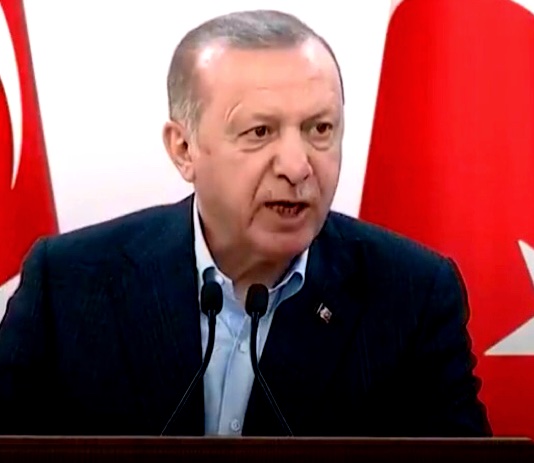by Giuseppe Gagliano –
Turkish President Recep Tayyip Erdogan on June 2 appointed his foreign affairs adviser Ibrahim Kalin to head MIT, the intelligence service, replacing Hakan Fidan, who took over the diplomatic helm. While Fidan’s appointment as foreign minister can certainly be read as a promotion, the change in role in any case deprives Fidan of the possibility of controlling an extremely delicate sector such as intelligence, an area over which Erdogan wants to have tighter control.
Fidan played a considerable role during his 13 years as head of MIT, carrying out operations against the Kurdish Workers’ Party (PKK) in Turkey, Iraq and Syria, as well as tracking down suspected followers of the cleric Fethullah Gulen abroad and carrying out a key role in international negotiations.
Despite Erdogan’s trust in him, the Turkish president has chosen to replace him with diplomat and conservative ideologue Ibrahim Kalin, who takes the reins of an apparatus with which he is not very familiar. Apparently devoid of political ambitions, Kalin is known to have excellent relations with the United States, where he attended Georgetown University in Washington and was sponsored in 2005 by Islamic studies professor John Esposito, with whom he wrote the book in 2011 ” Islamophobia: The Challenge of Pluralism in the 21st Century”.
As of 2018, Kalin’s daughter Rumeysa Kalin was working for the American firm Saltzman & Evinch. In 2019, the firm helped the Turkish embassy identify individuals suspected of having links to Gulen.
Eager to tighten his grip on Turkey’s security apparatus, Erdogan also removed two other powerful figures: former Interior Minister Suleyman Soylu and Defense Minister Hulusi Akar. Soylu was replaced by Istanbul Governor Ali Yerlikaya and Akar by Defense Chief of Staff Yasar Guler. Soylu and Akar, both increasingly popular, became MPs, a move that also served to hide the deep downsizing of their powers.
The most plausible hypothesis regarding these replacements is related to the fact that these men were becoming too prestigious and too authoritative, especially the director of the Turkish secret service, and that Erdogan replaced them in order to have almost absolute control over such important departments as the defense and intelligence.


